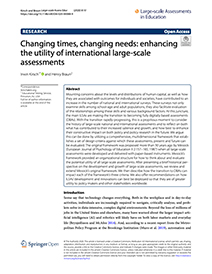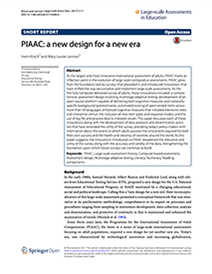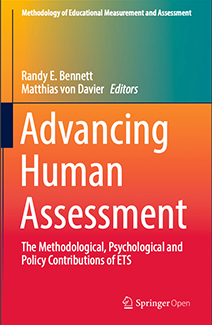Current projects
Organisation for Economic Co-operation and Development (OECD®) Survey of Adult Skills
ETS manages this major assessment for the OECD as part of the Programme for the International Assessment of Adult Competencies (PIAAC). This is the first large-scale, computer-delivered comparative assessment of adults in the world. It provides policymakers with a profile of adults' knowledge, skills and competencies in literacy, numeracy and problem-solving in technology-rich environments. PIAAC expands upon earlier literacy assessments and is the first multistage adaptive test used in large-scale comparative assessment.
We also work on Education and Skills Online — a new computer-delivered assessment linked to PIAAC. It provides individual results for persons who want to demonstrate readiness skills, and allows institutions, organizations and local governments to assess a population for training and research purposes.
Programme for International Student Assessment (PISA)
ETS manages and develops this global evaluation of education systems for the OECD. Programme for International Student Assessment (PISA) is a multinational survey of 15-year-old students, currently administered in some 90 countries. The test, which transitioned from paper to computer in 2015, assesses what students know and their ability to apply their knowledge in real-life situations at an age when they begin to fully participate in society.


